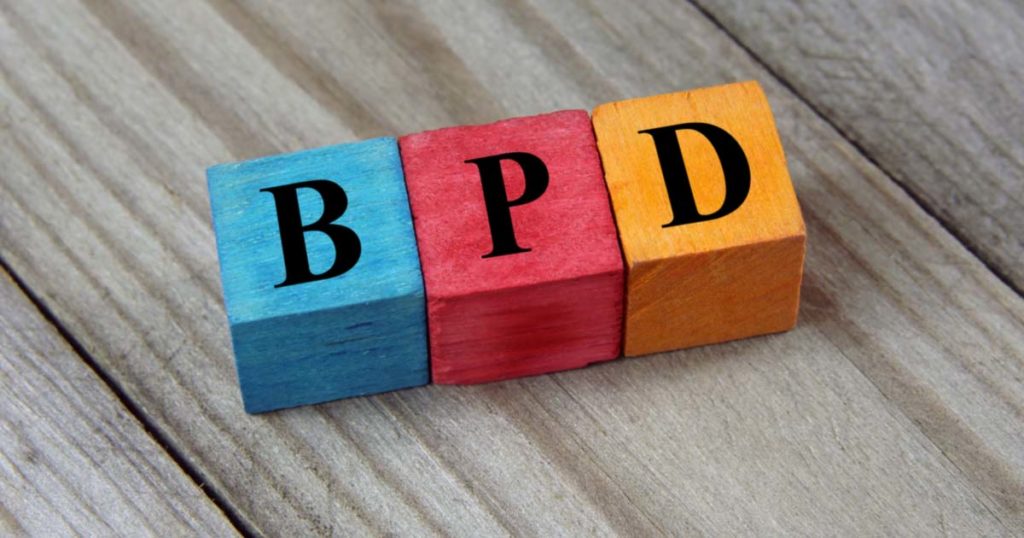Trauma is a term used to describe an extremely distressing event or experience that has the power to leave a lasting impact on a person’s psyche and well-being. It can take many forms, such as physical or sexual abuse, emotional neglect, a natural disaster, or a life-threatening accident. Trauma can affect every aspect of a person’s life, including their relationships. Exploring how trauma can impact relationships can help individuals overcome toxic behaviors and create healthier relationships.
The Ranch can help if you have experienced trauma and are struggling in your relationships. The Ranch is a dual diagnosis treatment center that offers specialized therapy for individuals dealing with trauma. Our team of experienced therapists understands the complex nature of trauma and how it can affect relationships.
Call 1.844.876.7680 to learn more about our trauma-informed therapy and treatment programs.
The Impact of Trauma on Relationships
Trauma can significantly impact a person’s ability to form and maintain healthy relationships. It can lead to a heightened sense of fear, anxiety, or anger, making it difficult to trust or connect with others. Trauma can also manifest as a sense of detachment or emotional numbness, leading to a lack of intimacy, vulnerability, and emotional depth in relationships.
Trauma survivors may exhibit toxic behaviors such as avoidance, aggression, or emotional instability, which can further damage their relationships. They may struggle with boundaries, setting them too rigidly or failing to assert them when necessary. They may also have difficulty expressing their emotions, leading to misunderstandings or conflicts with loved ones.
Trauma-Informed Therapy: A Path to Healing
Fortunately, there is hope for trauma survivors who want to heal and create healthier relationships. Trauma-informed therapy is an evidence-based approach that recognizes the impact of trauma on a person’s life and relationships. It is a collaborative and empowering process that helps individuals understand their trauma and its effects on their behavior, thoughts, and emotions.
Trauma-informed therapy offers a safe and supportive environment where individuals can explore their trauma and learn healthy coping skills. It emphasizes the importance of creating a solid therapeutic alliance and developing trust between the client and therapist. Trauma-informed therapists use a variety of techniques, including cognitive-behavioral therapy, dialectical behavior therapy, and eye movement desensitization and reprocessing (EMDR), to help individuals process their trauma and develop healthier patterns of behavior and communication.
Creating Healthier Relationships: Tips for Trauma Survivors
If you are a trauma survivor, there are some steps you can take to create healthier relationships:
- Practice self-care – Taking care of yourself is essential for healing from trauma. This means setting healthy boundaries, engaging in activities that bring you joy, and prioritizing your physical and emotional well-being.
- Communicate effectively – Effective communication is crucial in any relationship. Learning to express your emotions and needs healthily can lead to better understanding and connection with your loved ones.
- Build a support system – Having a solid support system can help you navigate the challenges of healing from trauma. This can include friends, family, support groups, or a therapist.
In addition, practicing mindfulness can help you stay grounded and present in the moment. This can help you manage difficult emotions and avoid toxic behaviors.
Contact The Ranch for Trauma-Informed Therapy
At The Ranch, we offer trauma-informed therapy to help individuals overcome the impact of trauma on their relationships. Our experienced therapists use evidence-based techniques to help individuals develop healthy coping skills and strengthen connections with their loved ones. If you or someone you know is struggling with the effects of trauma on their relationships, we encourage you to contact us today to learn more about how we can help.
Don’t let trauma continue to impact your relationships—take the first step toward healing today. Call 1.844.876.7680 or complete our online form.




